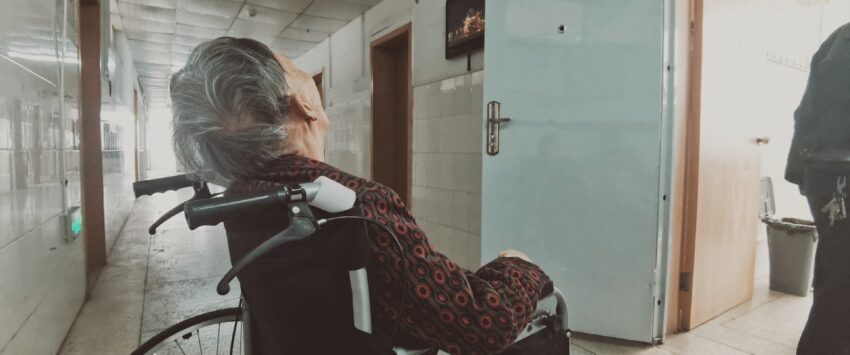
Safety Tools to Assess Risks of Abuse of the Elderly in the Orlando, Florida Area
- October 26, 2021
- ontarget
- Elder Law
- elder law
- 0 Comments
There was an interesting article in the Clinical Advisor on Oct. 4, 2021, by Janelise Jacobs titled “Safety Tool Assesses Risk of Elder Abuse.” In the article the author states that elder abuse is a societal problem that is frequently undetected, under-reported, and poorly defined. The author cites a study by author Natalie R. Baker. Ms. Baker states that the prevalence of elderly abuse transcends all socioeconomic, ethnic, racial, and gender domains.
Elder Abuse Risk
The authors state that older adults with cognitive, psychological, and physical impairments are at an increased risk of elder abuse, with cognitive impairment being the greatest risk factor identified thus far. She describes different forms of elder abuse, including physical, sexual, financial, psychological, and neglect.
Jacobs goes on to state that whenever using the DMES tool, the degree of risk for elder abuse is calculated based on varying degrees of recognition and functional decline. Older adults with little to no cognitive and functional decline are still prone to abuse. However, the risk is greater for older patients with severe cognitive and functional deterioration.
Evaluating Functions
Individuals can be evaluated by functional assessments that include the Index of Independence, which assesses bathing, dressing, toiletries, and transferring. Further, the Lawton Instrumental Activities of Daily Living is used to assess domains, including ability to manage medications, finances, and transportation, as well as the ability to use the phone and shop for oneself.
Mental Evaluation
To evaluate cognition, the Mini-Mental State Evaluation (MMSE) is recommended, the researchers said. The MMSE consists of thirty (30) items used to assess orientation, attention and working memory, short-term memory, language, and visual-spatial skills. The mini-cognitive test is another simple tool for assessing cognitive impairment. The author used the Reference from Speck PM, Baker NR, tool for assessing risk for elder abuse using a decision matrix for elder safety.
What You Can Do
If you think that an elder adult is being exploited, abused, or neglected, you should call DCFS and speak with an Adult Protective Services Investigator. You should all call your local law enforcement. Further, if DCFS believes that abuse or exploitation are occurring, they will more than likely get law enforcement involved in the case.
Further, if you are concerned with a loved one, then you should accompany them to their doctor’s appointments and check with your loved one’s doctor. You should also inquire into seeing a neurologist.
If you have more questions regarding a Marital and Family Law matter, you may call Ann Marie Giordano Gilden at Ann Marie Giordano Gilden, P.A. at 407-732-7620 and set an initial consultation.
This article is for informational purposes only and does not form an attorney client privilege.
